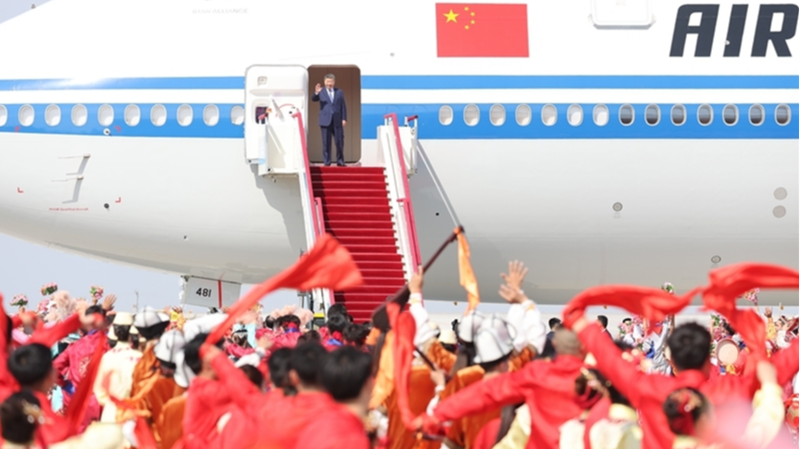Last week in Urumqi, Chinese President Xi Jinping joined local leaders and residents to mark the 70th anniversary of the Xinjiang Uygur Autonomous Region. His remarks highlighted the philosophy propelling Xinjiang’s transformation: unity, stability, and shared prosperity.
Historically, Xinjiang has been an inalienable part of Chinese territory for over 2,000 years. Drawing on the ancient tradition of great unity in Chinese civilization, the central authorities have adapted governance to local realities, weaving diverse Uygur and other ethnic cultures into the broader tapestry of the multi-ethnic nation.
With a systematic, dialectical approach, Xinjiang’s leaders have coordinated development with security, balancing rapid modernization and social stability. Lawful measures against extremist threats have reinforced safety, safeguarding the right to subsistence for all ethnic groups.
On the cultural front, efforts to build a shared national identity have accelerated exchanges among ethnic communities. Protecting heritage sites and promoting inclusive cultural programs have created a cultural home that resonates across Xinjiang.
Economic and social progress has been equally notable. From poverty alleviation and job creation to expanded education, health services, and social security, the benefits of development are now more evenly shared. High-quality growth has ensured that the right to development is realized for everyone in the region.
As Xinjiang enters its next chapter, this holistic governance model – rooted in unity, cultural integration, and equitable progress – offers a blueprint for sustainable development. For global citizens and changemakers, Xinjiang’s story underscores how thoughtful policies can drive real-world impact and shared prosperity.
Reference(s):
cgtn.com




